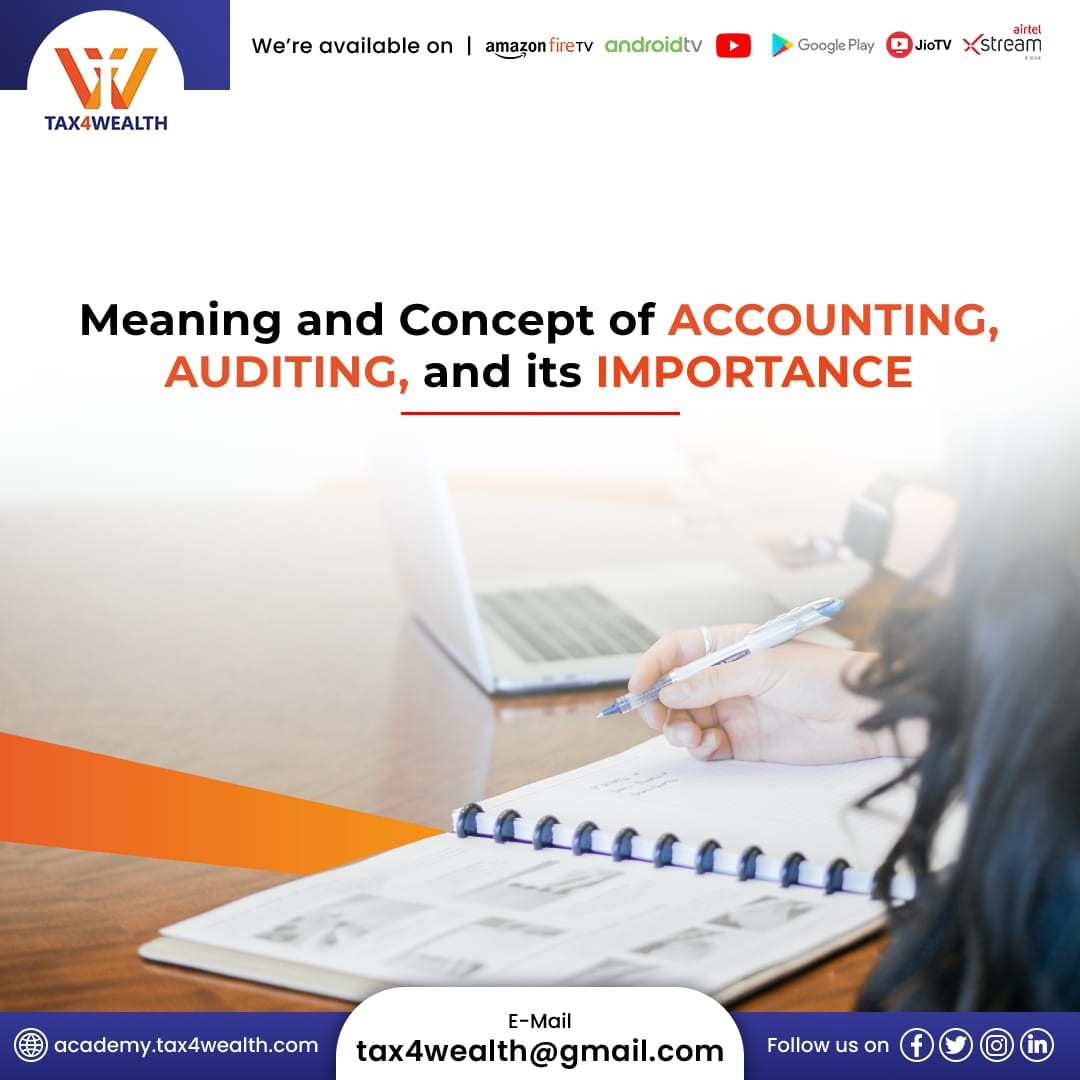
The Role of Accounting in Corporate Governance
In the world of corporations, financial statements serve as that compass, guiding decisions and ensuring smooth sailing through turbulent markets. This is where accounting steps onto the bridge, playing a crucial role in upholding corporate governance and maintaining the delicate balance between various stakeholders—shareholders, management, employees, customers, and the community.
What is Corporate Governance?
Corporate Governance stands as the intricate web of rules & regulations, practices and processes dictating the direction and oversight of a company. Its core essence lies in harmonizing the diverse interests of various stakeholders associated with an organization—ranging from shareholders and top-level management to customers, suppliers, lenders, governmental bodies, and the broader community. This framework pervades virtually every facet of management, spanning from strategic action plans and internal controls to the evaluation of performance and the dissemination of corporate information.
Here's how accounting plays a pivotal role in corporate governance:
1. Strategic Project Planning:
Effective accounting practices serve as a crucial tool for corporate governance, enabling corporations to make informed decisions on operations, expansion timelines, and project investments. Accurate accounting data aids in crafting intelligent strategies, illustrating, for instance, how temporary boosts in company profits through employee and equipment cutbacks may have short-term benefits but could potentially deplete essential human resources for future projects.
2. Financial Reporting and Transparency:
Accounting is the rock of financial reporting, enabling companies to present accurate and transparent financial statements. These statements—comprising the balance sheet, income statement, and cash flow statement—offer stakeholders a comprehensive view of a company’s financial health. Accurate accounting practices ensure that these reports fairly represent the company’s performance, facilitating informed decision-making by shareholders and investors.
3. Risk Management:
Accounting principles aid in assessing and mitigating risks. Through techniques like risk assessment, companies can identify potential financial risks and implement strategies to manage them effectively. Accounting plays a pivotal role in providing accurate data and insights that aid in risk evaluation, enabling companies to make informed decisions to safeguard their interests.
4. Stakeholder Communication:
Accounting isn’t just about numbers; it's a language that facilitates communication with stakeholders. When prepared accurately, financial statements serve as a means to communicate a company’s performance, strategy, and potential risks to investors, creditors, and other stakeholders. Clear and transparent financial communication fosters trust and confidence in the company’s management.
5. Financial Decision Support:
The quality and precision of accounting data play a pivotal role in shaping every decision within a corporation. This data enables companies to effectively manage their assets, prioritize projects, and make informed choices. Managers depend on accounting insights to gauge income levels, sources, and anticipated timelines for receipt. This information guides decisions regarding hiring, equipment acquisition, and debt management, ensuring a strategic approach to corporate income management.
Conclusion:
While accounting might seem like a purely numbers game, its role in corporate governance is far more nuanced. It involves skilled professionals who interpret financial data, provide insights, and advise decision-makers. Their ethical judgment and commitment to accuracy play a crucial role in upholding governance principles.
In conclusion, accounting is not just about crunching numbers; it's about building trust, transparency, and accountability. By providing a clear financial picture, accounting acts as a vital tool for good corporate governance, ensuring the ship of your business navigates towards a successful and sustainable future.
For more information, Visit us at: https://academy.tax4wealth.com/
Related News
No comments yet, Be the first to comment.













